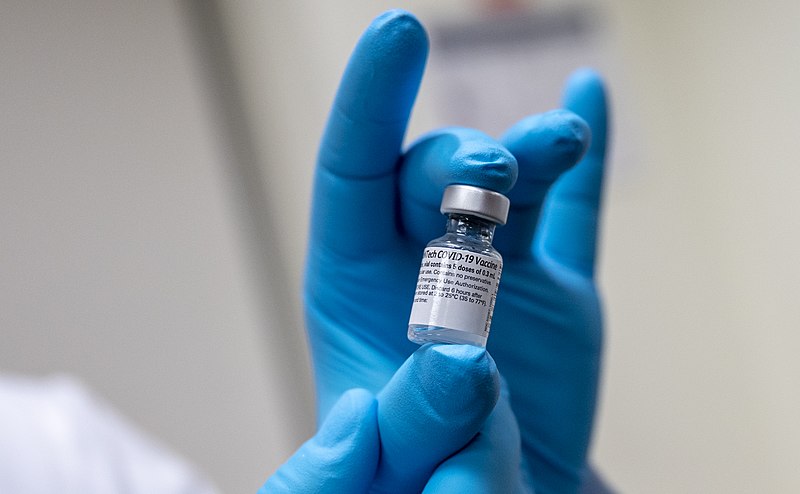Media release
From: American Chemical SocietyHad COVID-19? One vaccine dose enough; boosters for all, study says
Two mRNA vaccines against COVID-19 have proven safe and effective in clinical trials, as well as in the millions of people who have been vaccinated so far. But how prior SARS-CoV-2 infection affects vaccine response, and how long that response lasts, are still uncertain. Now, a new study in ACS Nano supports increasing evidence that people who had COVID-19 need only one vaccine dose, and that boosters could be necessary for everyone in the future.
In clinical trials, the Pfizer-BioNTech and Moderna COVID-19 vaccines were about 95% effective in protecting against symptomatic infections. Both mRNA vaccines trigger the immune system to produce antibodies against the SARS-CoV-2 spike protein receptor binding domain (RBD), and two doses are necessary to provide immunity in people who haven’t previously had COVID-19. However, the clinical trials included very few people who had already recovered from the disease, so the immune response of these individuals is less well known. Also, the time course of antibody development in both groups, and how long virus-neutralizing antibodies persist, haven’t been well characterized. So Otto Yang and colleagues wanted to compare antibody levels, quality and persistence after one and two doses of mRNA vaccine in people with or without prior SARS-CoV-2 infection.
The researchers used an enzyme-linked immunosorbent assay (ELISA) to measure antibodies against the RBD in people who received the Pfizer-BioNTech or Moderna vaccine, and in unvaccinated people soon after mild or severe COVID-19 cases. In the 28 participants without prior infection, one dose of either vaccine triggered antibody levels similar to those seen after mild COVID-19 infections, whereas two doses were required to obtain anti-RBD antibodies approaching those observed after severe cases. In contrast, in 36 participants who had COVID-19 prior to vaccination, the first dose produced a vigorous antibody response similar to severe natural infection, but the second dose provided no additional increase in antibody levels. The quality of antibodies, indicated by their ability to neutralize the SARS-CoV-2 spike protein and their potency, followed similar patterns. After the second vaccine dose, antibody levels waned in both groups comparably to natural infection, resulting in an average loss of 90% within 85 days. Although more research on T cell responses to the vaccines is needed, this result suggests that booster vaccinations will likely be required for everyone, the researchers say.


